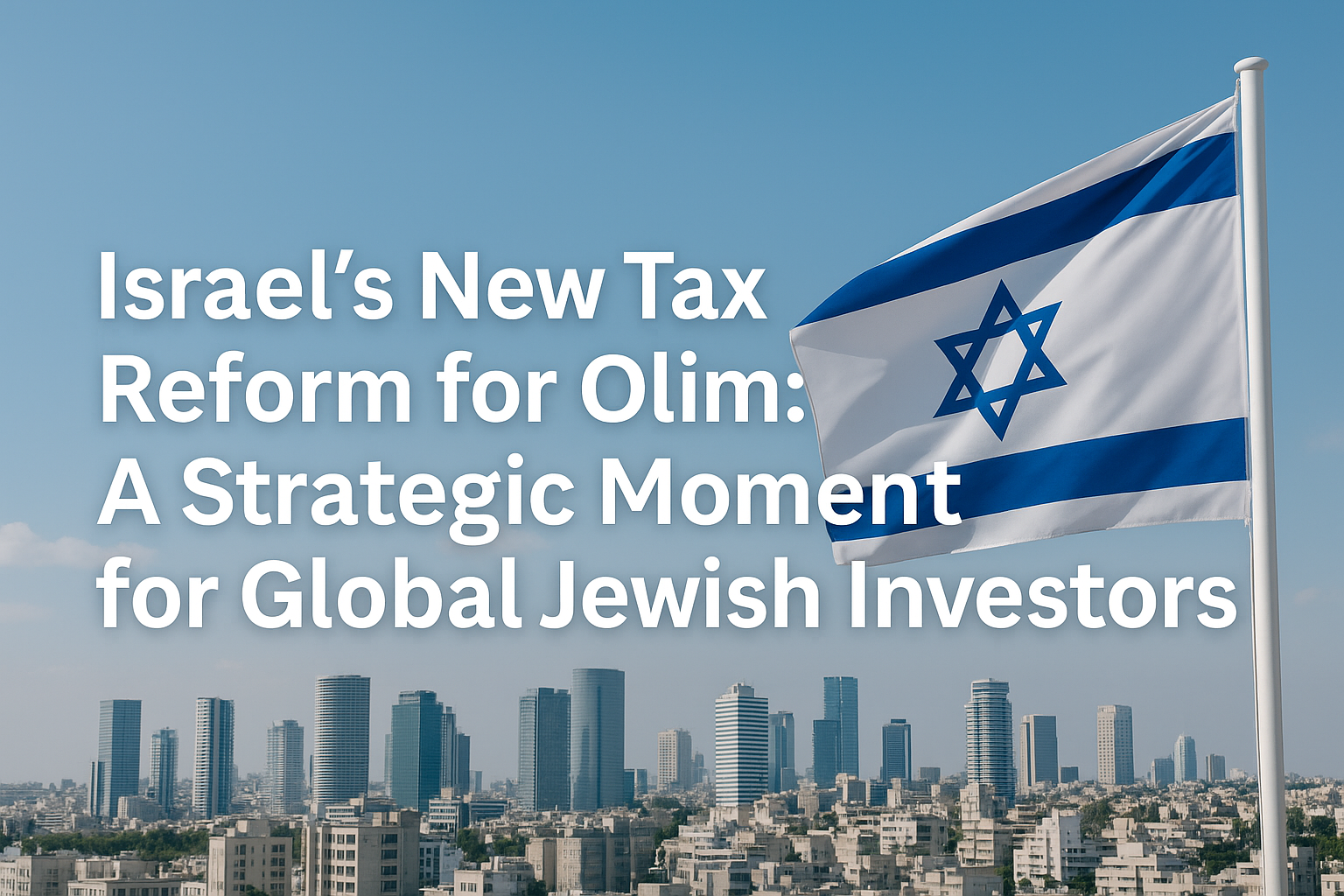Copyright timesofisrael

While much of the global conversation about Israel still revolves around security and politics, the country’s economy continues to demonstrate resilience, adaptability, and long-term strength. The new tax reform unveiled this week by Finance Minister Bezalel Smotrich and Aliyah and Integration Minister Ofir Sofer reflect not only a social and Zionist vision but also a forward-looking economic strategy. The reform grants new immigrants and returning residents who move to Israel in 2026 a 0% income tax rate for their first two years, rising gradually to 30% by 2030, up to an annual income ceiling of 1 million shekels (approximately $270,000). This measure joins a series of incentives already available to new residents – such as a 10-year exemption on foreign-sourced income and various tax credits – positioning Israel as one of the most competitive OECD nations for relocation and investment. The timing is particularly relevant. Across the Western world, antisemitism has intensified, and several governments – notably the UK – are revising their tax policies in ways that make relocation less appealing for affluent individuals. In contrast, Israel is signaling openness, stability, and growth. For many Jewish families and professionals abroad, especially those in the United States, the idea of maintaining an asset, residence, or investment base in Israel is increasingly seen as a prudent strategic move rather than a symbolic one. At the same time, Israel’s real estate sector presents a window of opportunity. After a period of slowed sales due to war and high interest rates, the inventory of unsold new apartments has reached a historic high of roughly 78,000 units. Developers face growing financial pressure to sell, while long-term housing demand driven by natural population growth remains strong. For investors, this rare convergence — high supply meeting resilient fundamentals — creates one of the most interesting market environments in over a decade. Naturally, as with any major international investment, potential buyers should seek professional local guidance to understand Israel’s tax and regulatory framework. But the fundamentals are clear: Israel has emerged from one of its most difficult periods with renewed stability, a strengthened economy, and a policy framework that actively encourages both human and financial capital to return home. For global investors looking for security and long-term value, few opportunities are as aligned with purpose and promise as Israel is today.



